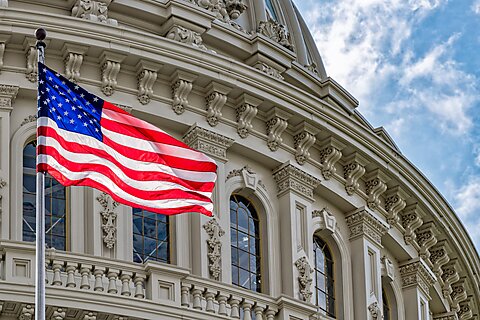
Nicholas Anthony
Over a year ago, Rep. Tom Emmer (R‑MN) introduced a bill intended to prohibit the Federal Reserve from issuing a retail central bank digital currency (CBDC). Today, that bill finally made its way to the House floor where members voted to pass it to the Senate.
Why is Congress voting to restrict the powers of the Federal Reserve? As I explain in my new book, Digital Currency or Digital Control? Decoding CBDC and the Future of Money, CBDCs are not something that should be left to the discretion of unelected officials. Put simply, the costs outweigh the benefits. When it comes to CBDCs, promises of financial inclusion, faster payments, and strengthening the dollar fail to stand up to scrutiny. Yet, the risks to financial privacy, freedom, and markets are all too real.
Around the world, governments are pushing forward to enact greater controls and surveillance with CBDCs. Based on today’s events, it seems the United States is carving a different future. After decades of ever‐increasing financial surveillance and control, that’s a welcome change of pace.






